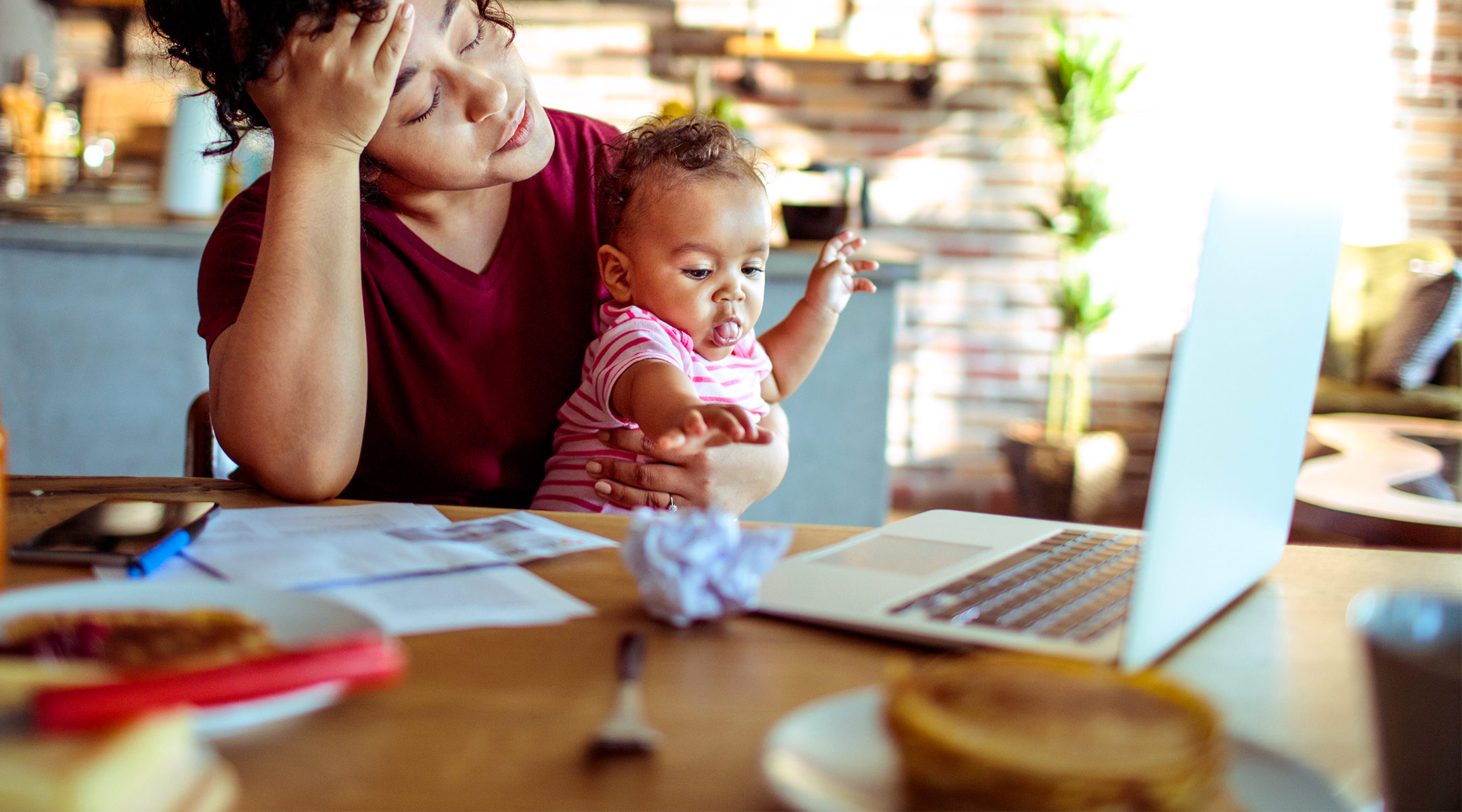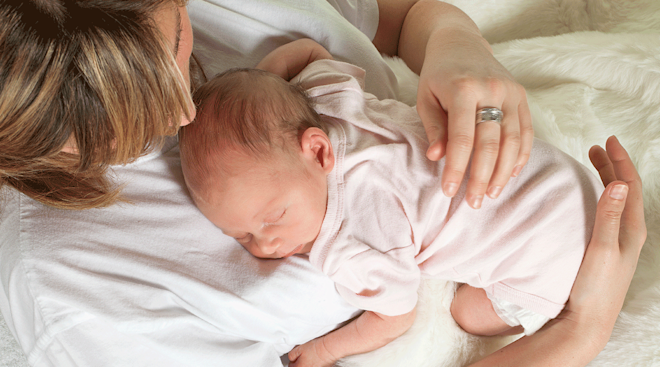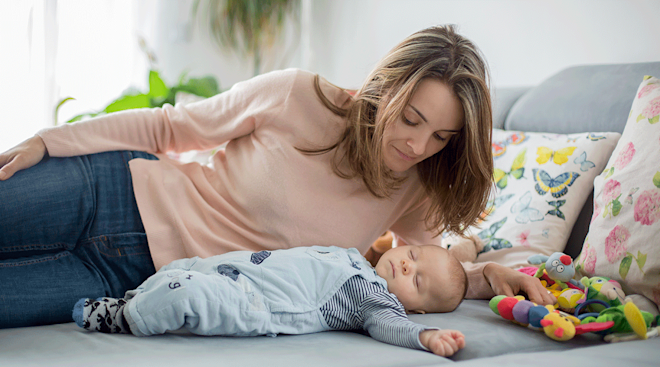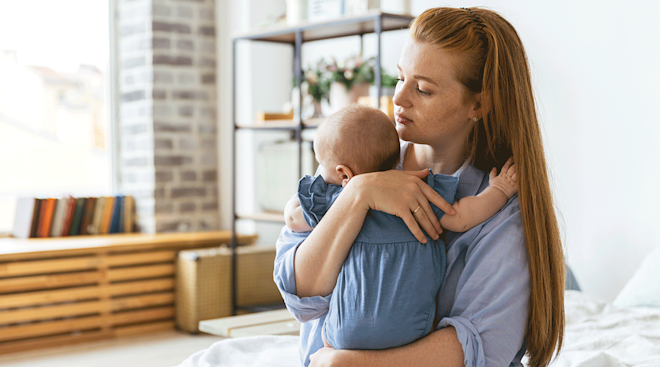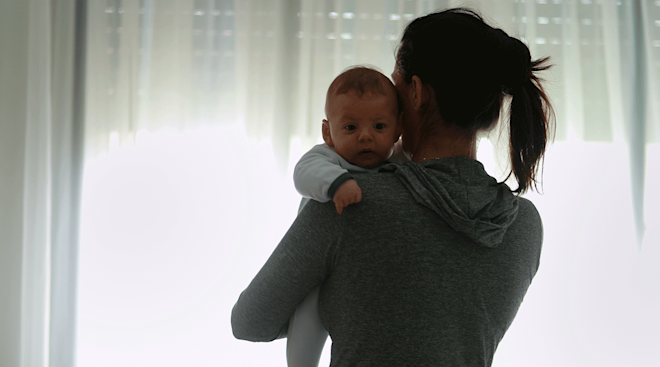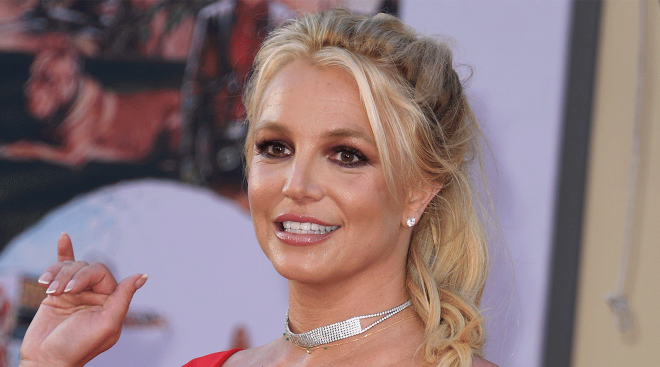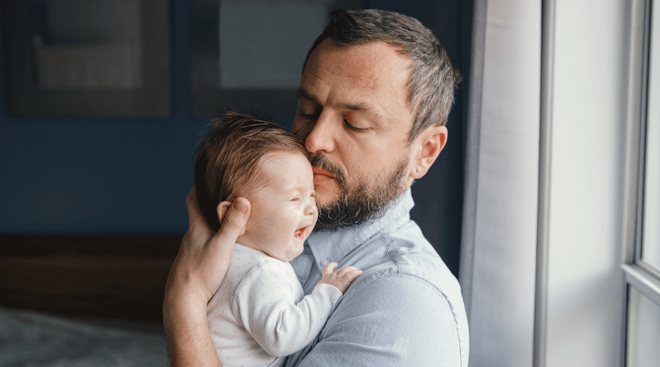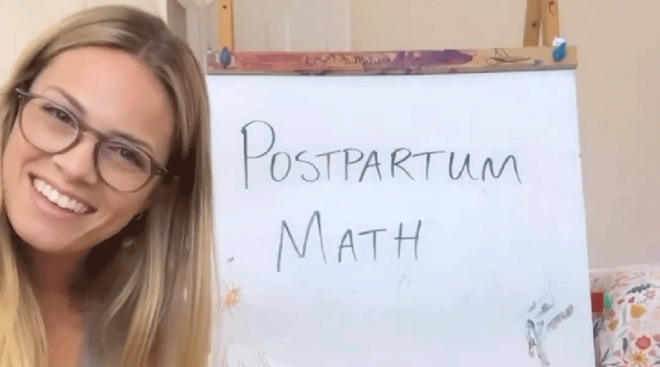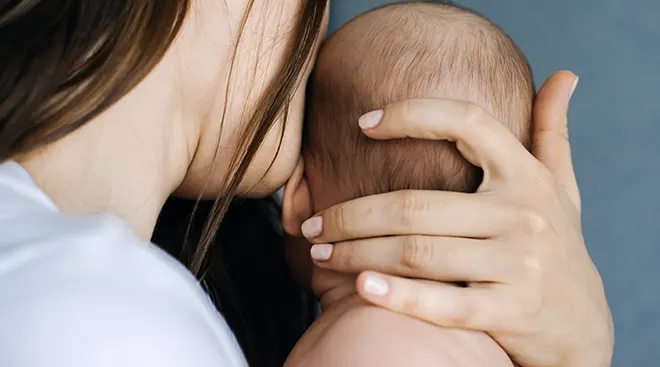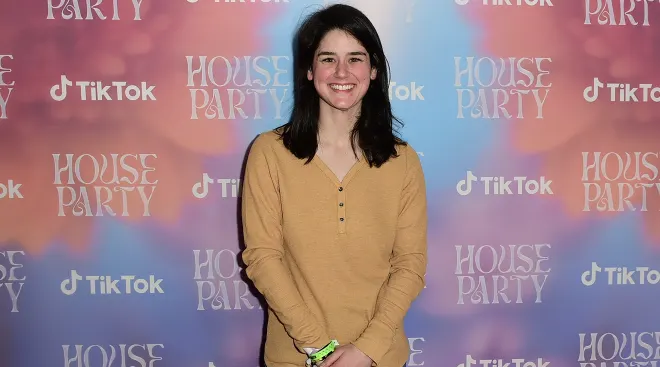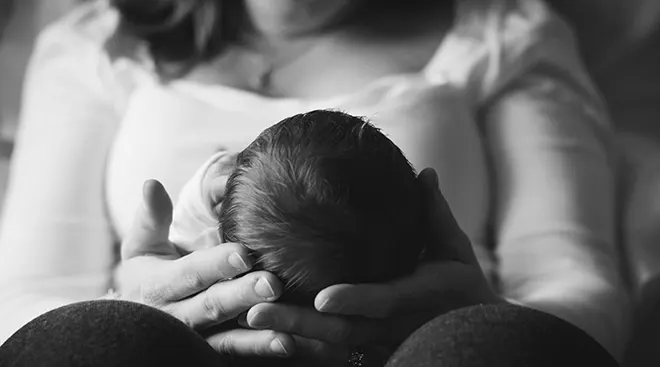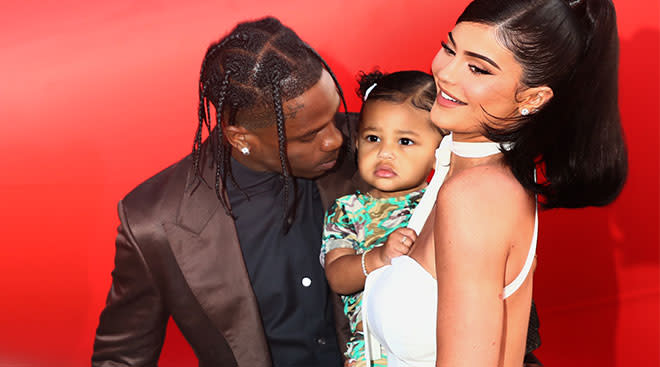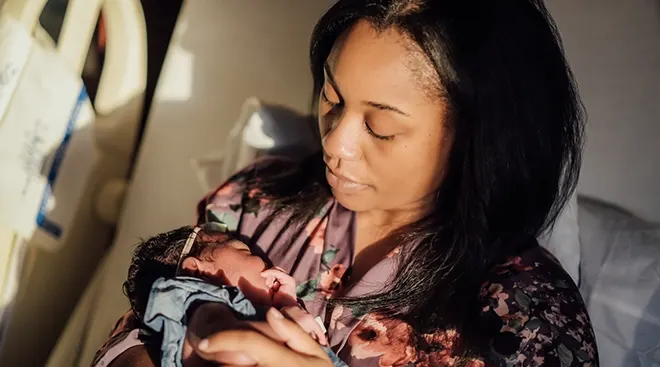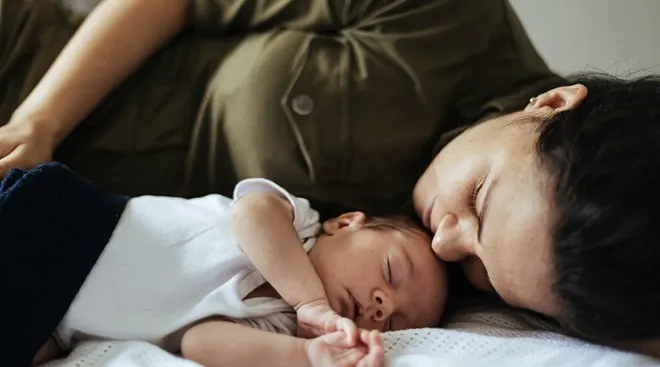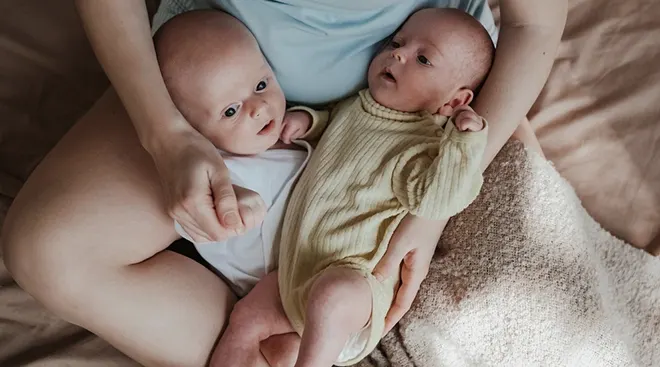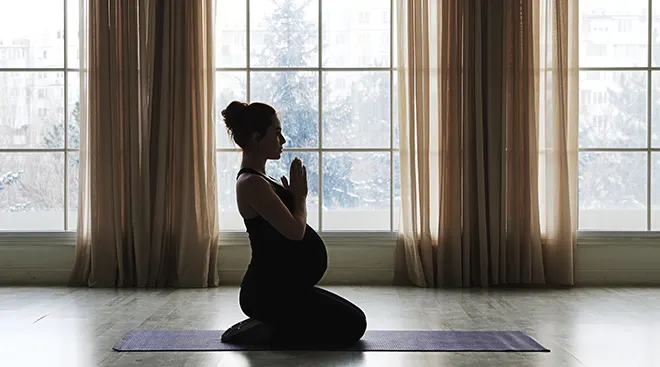There's a Scientific Way to Predict How Bad Your Postpartum Depression Will Be, Study Says
A new study was able to predict if mothers would experience worsening depressive symptoms during the first year after giving birth by observing four maternal characteristics that put them at risk. This allows new moms to seek treatment earlier and help with their postpartum depression (PPD) recovery.
The study was published in the journal Depression & Anxiety, and looked at data from women who gave birth at an academic medical center in Pittsburgh from 2006 to 2011.
“This would be a game-changer for mothers and their clinicians, because we could encourage early intervention so moms have better odds of success with their treatment over time,” says Sheehan Fisher, one of the study’s authors.
These are the four characteristics to take into consideration:
- The number of children the mother has
- Her ability to function at work and in her relationships
- Her education level, which can determine accessibility to resources
- How severe her PPD was while she was four to eight weeks postpartum
When researchers used these risk factors, they were 72.8 percent accurate with their PPD predictions.
“It’s not just a question of ‘is the mother feeling depressed?’ but rather, ‘which way is she headed in her depression?’” Fisher says. “If her depression symptoms are going to get worse over time, she needs to be proactive about treatment.”
Women with PPD typically fall into three trajectories:
- Gradual remission: Gets better over time
- Partial improvement: Shows signs of improvement after the first year, but still has symptoms
- Chronic severe: Symptoms start at the partial improvement level but get worse with time
The study’s authors hope their findings will lead to treatments that are more tailored to each specific woman. And the longer PPD goes untreated, the more difficult it is to find the best approach to recovery for the mom.
Paige Bellenbaum can attest to this. The mother’s severe PPD went undetected for way too long before doctors finally realized she needed proper treatment.
Please note: The Bump and the materials and information it contains are not intended to, and do not constitute, medical or other health advice or diagnosis and should not be used as such. You should always consult with a qualified physician or health professional about your specific circumstances.
Navigate forward to interact with the calendar and select a date. Press the question mark key to get the keyboard shortcuts for changing dates.
































